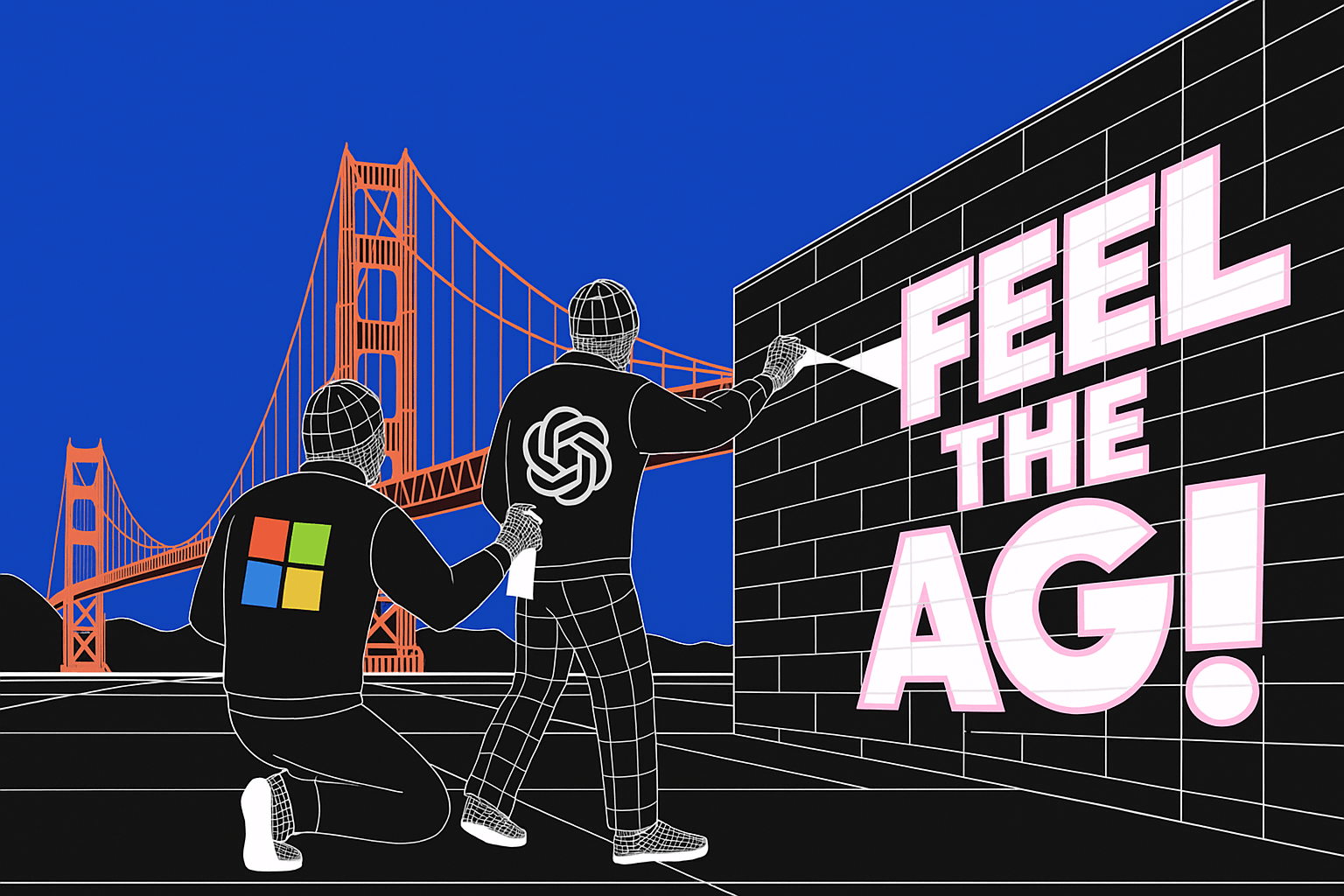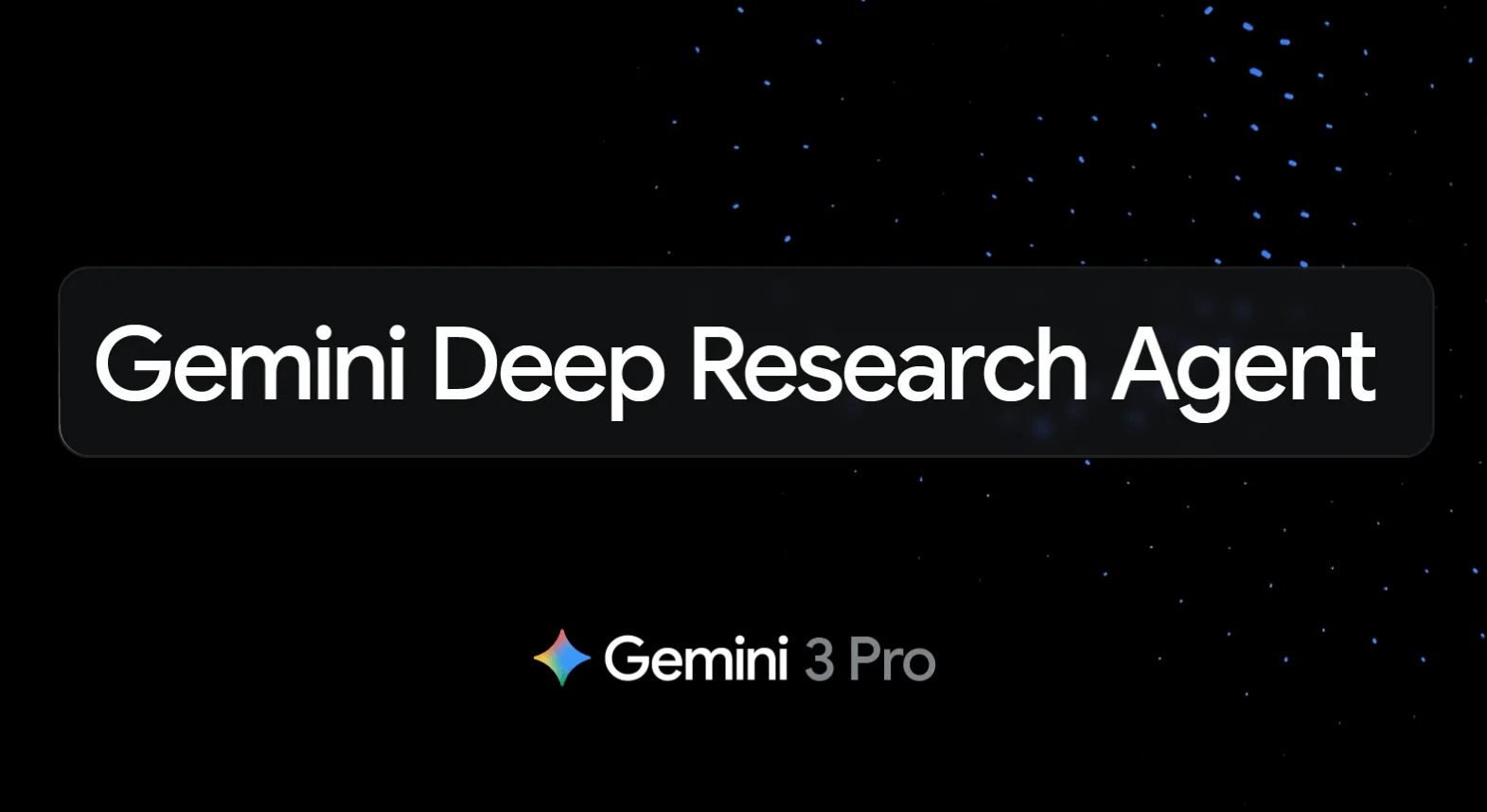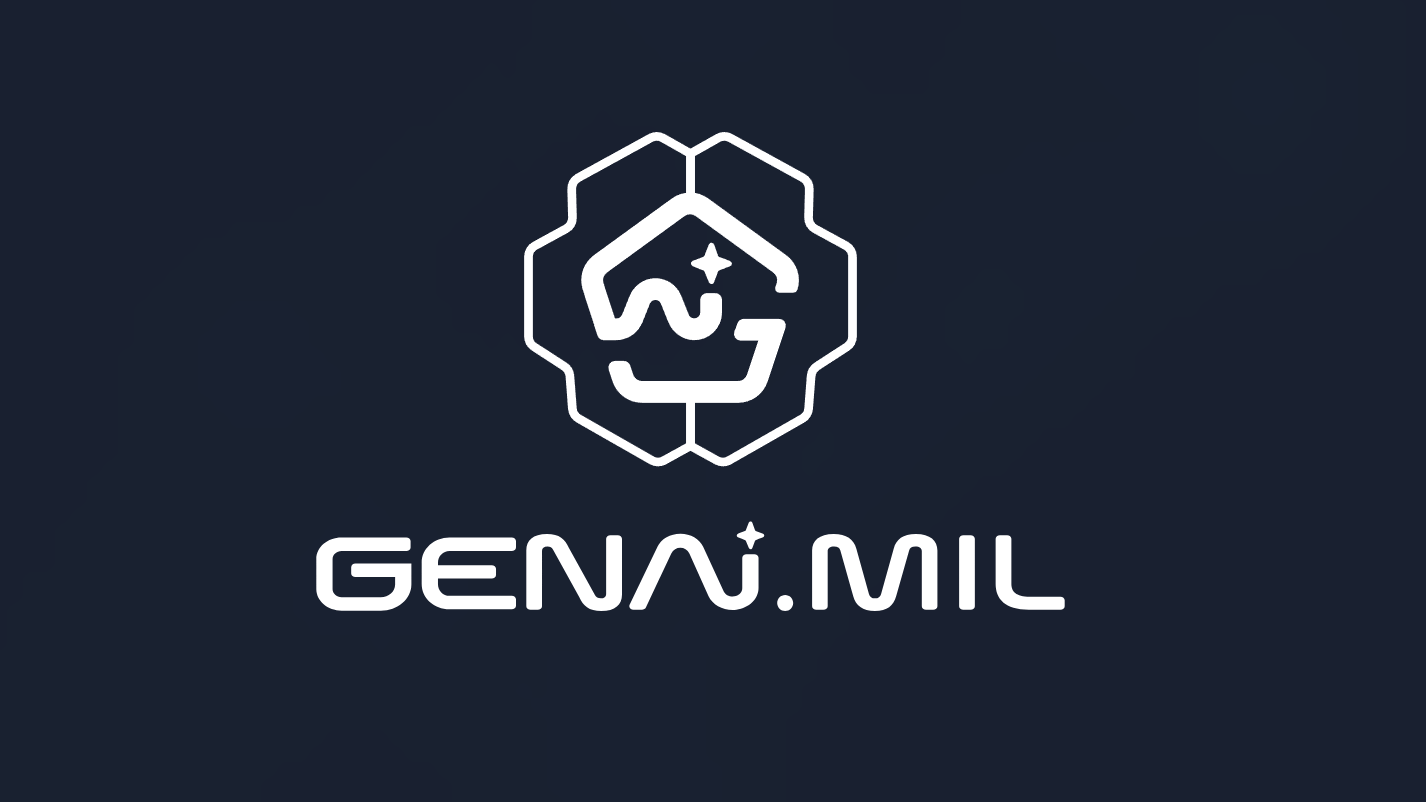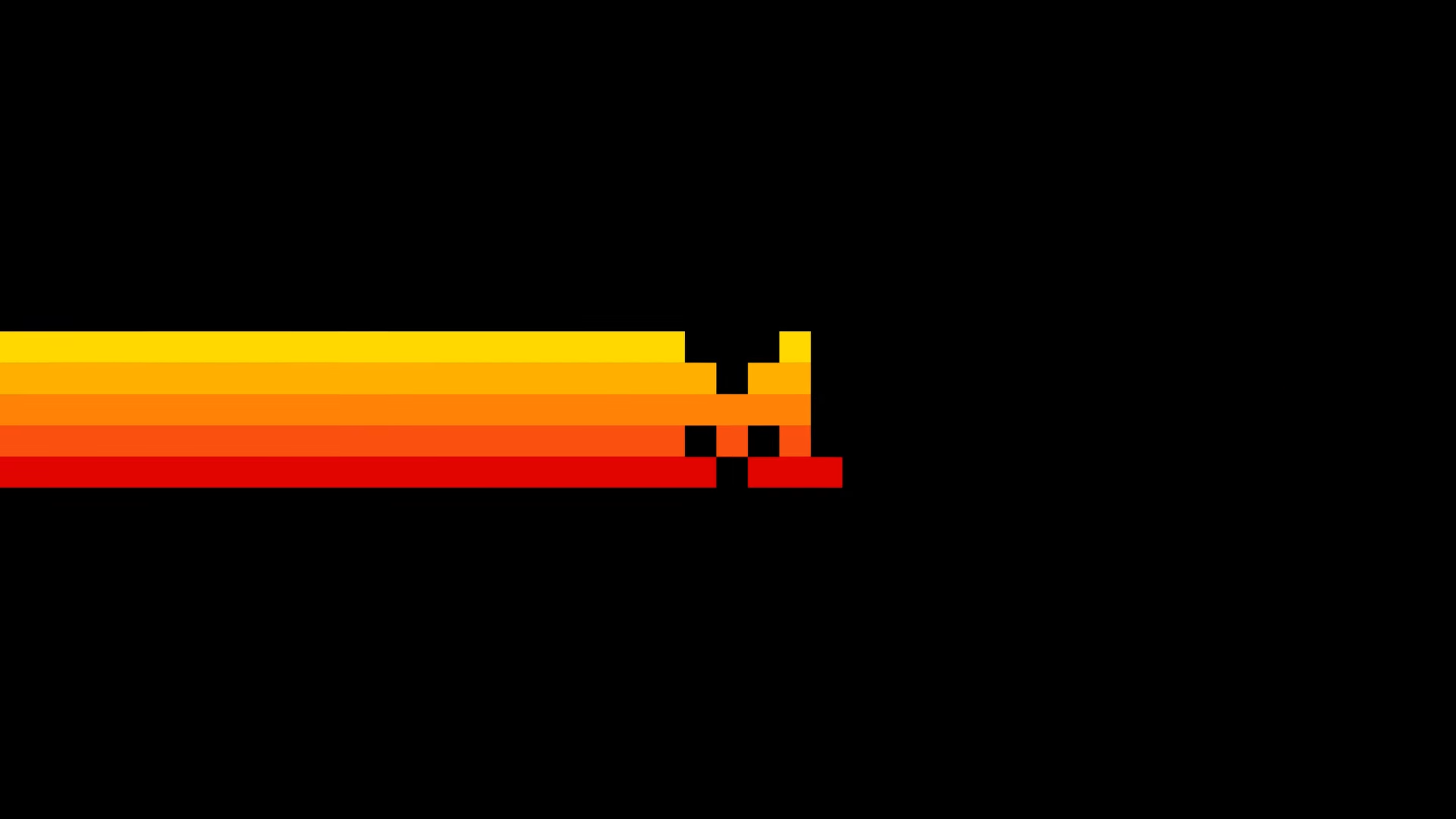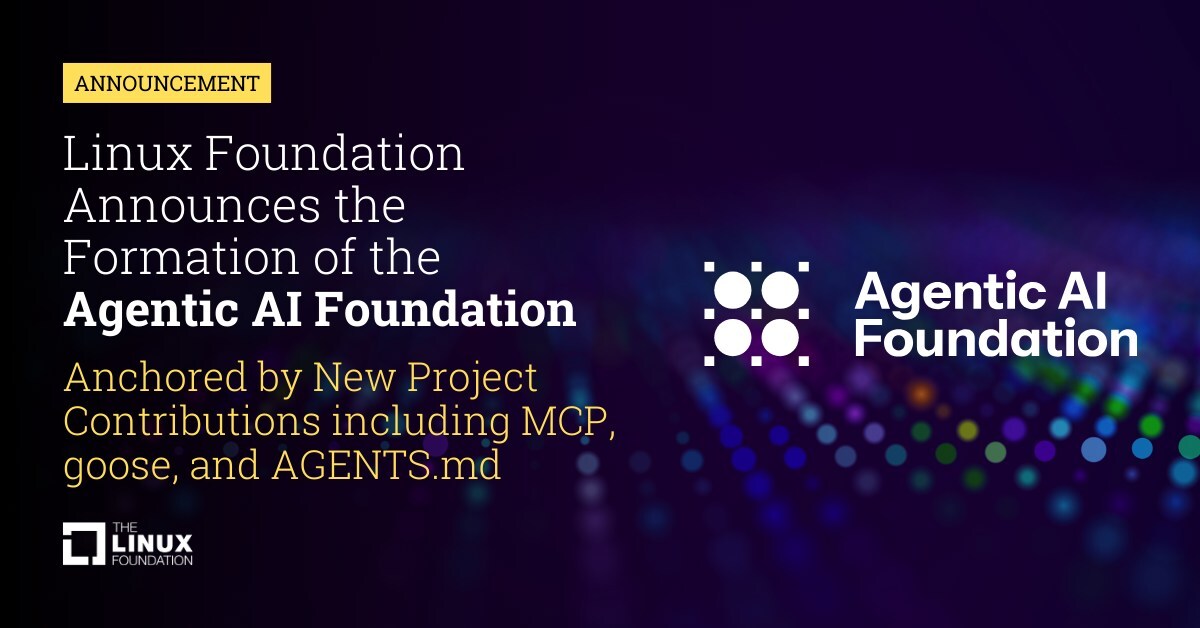Read full article about: Google opens its infrastructure for AI models via MCP
Google is integrating Anthropic's Model Context Protocol (MCP) directly into its cloud infrastructure. MCP serves as a universal standard for connecting AI models with external data and tools, eliminating the need to program new interfaces for every application.
Starting immediately, Google is offering managed servers that give AI agents direct access to services like Google Maps, BigQuery, and both the Compute and Kubernetes Engines. This allows AI to handle tasks like independently managing infrastructure or planning travel routes. Through the Apigee platform, companies can also deploy their own internal APIs as AI tools. Google announced plans to expand support to additional services, such as Cloud Storage and databases, in the near future.
Read full article about: Meta is reportedly ditching open Llama models for Avocado, a closed model built for direct sales
According to Bloomberg's sources, Meta is shifting its focus to a new AI model codenamed "Avocado," with a release potentially coming next spring. Avocado is expected to launch as a closed model, letting the company sell access directly. This marks a major shift from Meta's established open-model strategy. Internally, the open-source approach reportedly lost steam after the disappointing performance of Llama 4. Management is betting big on Alexandr Wang, who joined Meta following the company's deal with Scale AI.
The development process involves some surprising ingredients. According to Bloomberg, the team is training Avocado using several external models, including Google's Gemma, OpenAI's gpt-oss, and Alibaba's Qwen. Using Chinese technology clashes with CEO Mark Zuckerberg's previous warnings about Chinese censorship.
Read full article about: Aviation startup Boom pivots to gas turbines to feed AI’s power hunger
US aviation startup Boom Supersonic, typically focused on developing a supersonic passenger jet, is making a surprise entry into the energy business to capitalize on the AI boom.
Founder Blake Scholl unveiled "Superpower," a 42-megawatt gas turbine designed specifically to handle the massive energy loads of AI data centers. With the US power grid struggling to meet demand, companies are increasingly turning to independent power sources like these turbines to keep their facilities running.
The system uses the core of the "Symphony" engine, which was originally built for the company's planned Overture jet. Scholl notes that unlike older models, the turbine can maintain full power in high heat without requiring water cooling.
Crusoe has signed on as the launch customer, and Boom has secured $300 million to begin production. The company plans to use the revenue from the turbine business to help fund the development of its aircraft.
Comment
Source: Boom Supersonic
